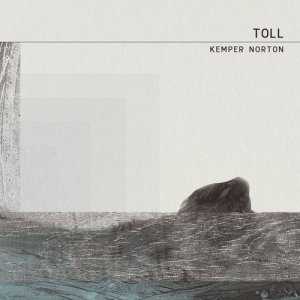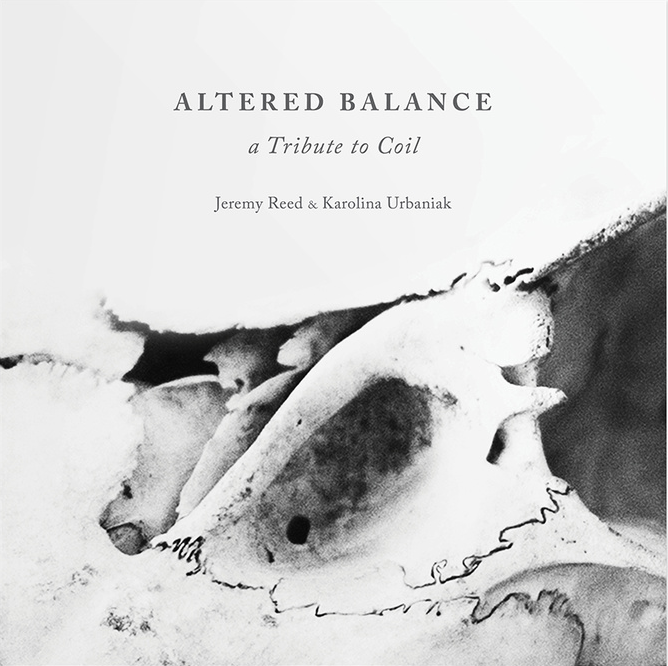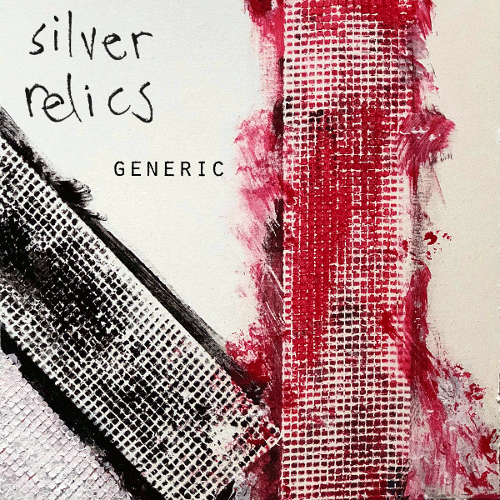 Rolling in on thecacophonous curls of “Yadnik”, battering the shore like the after-FX trails of the still-crashing soundwaves of Flying Saucer Attack‘s Rural Psychedelia, Kemper Norton‘s third full-length album slips in from the sea like a summer storm heavy with stories to be told. Settled firmly within a tradition of recent decades that encompasses the esoteric murmurations of both Coil ‘s outré electronica and the noisy folkishness of Current 93, together with the psychedelic freefall imaginings of fellow West Country freaks like Urthona and IX Tab, Kemper Norton has been proving that there’s none so wyrd as folkies with FX pedals and a head full of interconnects. His music is plugged in at once to the past, present and future of music, mythology and magic(k), hurrying on sundown in a hauntological haze both real and imagined.
Rolling in on thecacophonous curls of “Yadnik”, battering the shore like the after-FX trails of the still-crashing soundwaves of Flying Saucer Attack‘s Rural Psychedelia, Kemper Norton‘s third full-length album slips in from the sea like a summer storm heavy with stories to be told. Settled firmly within a tradition of recent decades that encompasses the esoteric murmurations of both Coil ‘s outré electronica and the noisy folkishness of Current 93, together with the psychedelic freefall imaginings of fellow West Country freaks like Urthona and IX Tab, Kemper Norton has been proving that there’s none so wyrd as folkies with FX pedals and a head full of interconnects. His music is plugged in at once to the past, present and future of music, mythology and magic(k), hurrying on sundown in a hauntological haze both real and imagined.
Kemper Norton’s explorations of historical as much as a spiritual or mythological themes through music finds him once again sharing similar headspace to the equally remarkable Australian group The Doomed Bird of Providence — whose music he reworked on To Mahina. There’s a similar sense of earnest commitment to keeping the past alive in the present here too, untold tales of the sea and ships receiving an eerie airing. On “Sirens”, the titular voices can be discerned calling from afar, deep in the rippling waves, weird and unreal, luring the Torrey Canyon to its doom on Seven Stones reef 49 years ago. There the supertanker spilled millions upon millions of litres of crude oil along the Cornish coast, an environmental disaster — one whose after-effects remain today — explored further in the mournful “gift from the summer of love” of “Black Silk”.
Holding up a central pole of the album, the throbbing, almost AFX-like fauxgiridoo of “Agnes and Louisa”, placed among the three instrumental episodes of “Seven Stones” and forming an ever-rotating core around which the album gyrates, the twinkling electronic glitches foaming and refolding as a heartworm thrum burns brightly with the spiral of life itself. It seems that there are voices present in the gyre too, Lyonesse’s machine elves chattering, gremlins at work with their perpetual ritual music as they set about unhanding the works of humanity. Perhaps these are the relentless forces of nature mocking the hubris that supposes that filling a supertanker with vast quantities of a product whose burning will do long-term environmental harm is a safe thing to do — Oopsie, did it spill? There’s going to be a bit of a mess to clean up now, isn’t there?
-Linus Tossio-



